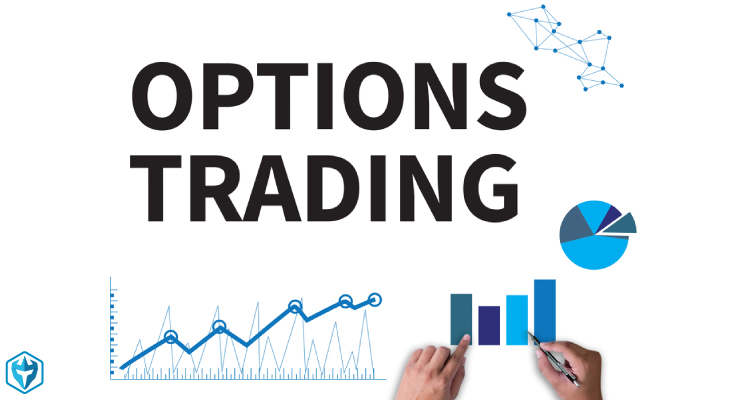Options trading is a complex but potentially lucrative form of investing that involves buying or selling contracts that give the holder the right, but not the obligation, to buy or sell an underlying asset at a set price on or before a specified date. While options trading can be a powerful tool for increasing returns, it also comes with inherent risks and should only be undertaken after careful consideration and research.

Image: www.warriortrading.com
In the United Kingdom, options trading is regulated by the Financial Conduct Authority (FCA) and is offered by a variety of financial institutions, including banks, brokerages, and investment platforms. The London Stock Exchange (LSE) is the primary exchange in the UK for listed options, with a wide range of underlying assets available, including stocks, indices, commodities, and currencies.
Types of Options Contracts
There are two main types of options contracts: calls and puts. A call option gives the holder the right to buy the underlying asset at a set price, known as the strike price, on or before a specified date, known as the expiration date. A put option, on the other hand, gives the holder the right to sell the underlying asset at the strike price on or before the expiration date.
Call Options
Call options are typically used by investors who are bullish on the underlying asset and believe that its price will rise. If the underlying asset’s price does rise, the holder of the call option has the right to buy the asset at the strike price, regardless of its market price. This can lead to substantial profits if the asset’s price increases significantly.
Put Options
Put options are typically used by investors who are bearish on the underlying asset and believe that its price will fall. If the underlying asset’s price does fall, the holder of the put option has the right to sell the asset at the strike price, regardless of its market price. This can lead to substantial profits if the asset’s price decreases significantly.

Image: www.optionfinance.fr
Options Premiums
When buying an options contract, the buyer pays a fee known as the premium. The premium is determined by a number of factors, including the strike price, the expiration date, the underlying asset’s volatility, and the prevailing interest rates.
The higher the strike price, the lower the premium, and vice versa. The shorter the time to expiration, the higher the premium, and vice versa. The more volatile the underlying asset, the higher the premium, and vice versa. And finally, the higher the interest rates, the higher the premium, and vice versa.
Risks of Options Trading
Options trading is not without its risks. As with any investment, there is the potential to lose money. However, the risks associated with options trading are unique and must be carefully considered before entering into any contracts.
One of the biggest risks of options trading is the potential for the underlying asset’s price to move in an unforeseen direction. If the underlying asset’s price moves in the opposite direction of the holder’s expectations, the holder could lose the entire amount of the premium paid for the option.
Another risk of options trading is the time decay associated with options contracts. As an option approaches its expiration date, its value decays, regardless of the underlying asset’s price. This means that holders of options contracts have a limited amount of time to profit from any favorable price movements.
Pros and Cons of Options Trading
Pros:
- Potential for high returns
- Flexibility to adjust positions quickly
- Can be used to hedge against other investments
- Relatively low barrier to entry compared to other investment types
Cons:
- High risk of losing money
- Time decay can eat into profits
- Complex strategies can be difficult to manage
- High commissions can reduce profitability
Options Trading In Uk
Conclusion
Options trading is a powerful financial tool that can be used to enhance returns and manage risk. However, it is important to approach options trading with caution and understand the risks involved. If you are considering options trading, be sure to conduct thorough research and consult with a qualified financial professional before making any decisions.






